Latest
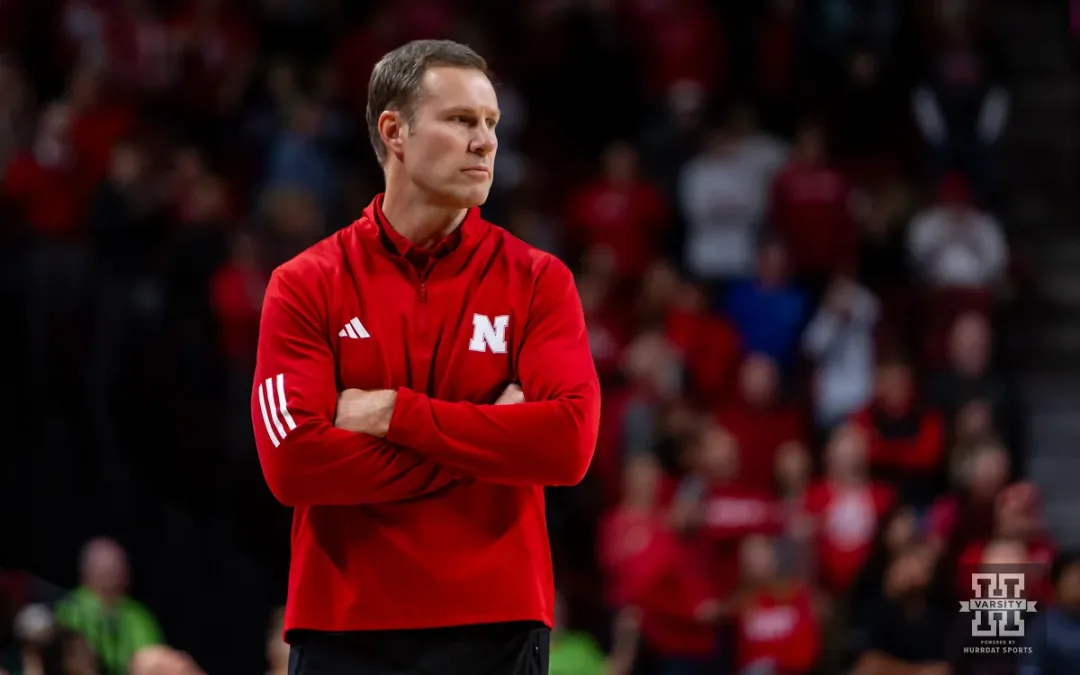
2024 Nebraska Men’s Basketball Offseason Tracker
The 2023-24 Nebraska men's basketball season came to an end in the first round of the NCAA Tournament, but there's no such thing as a true offseason in college basketball these days. Coach Fred Hoiberg and his staff are already hard at work building the roster to make...
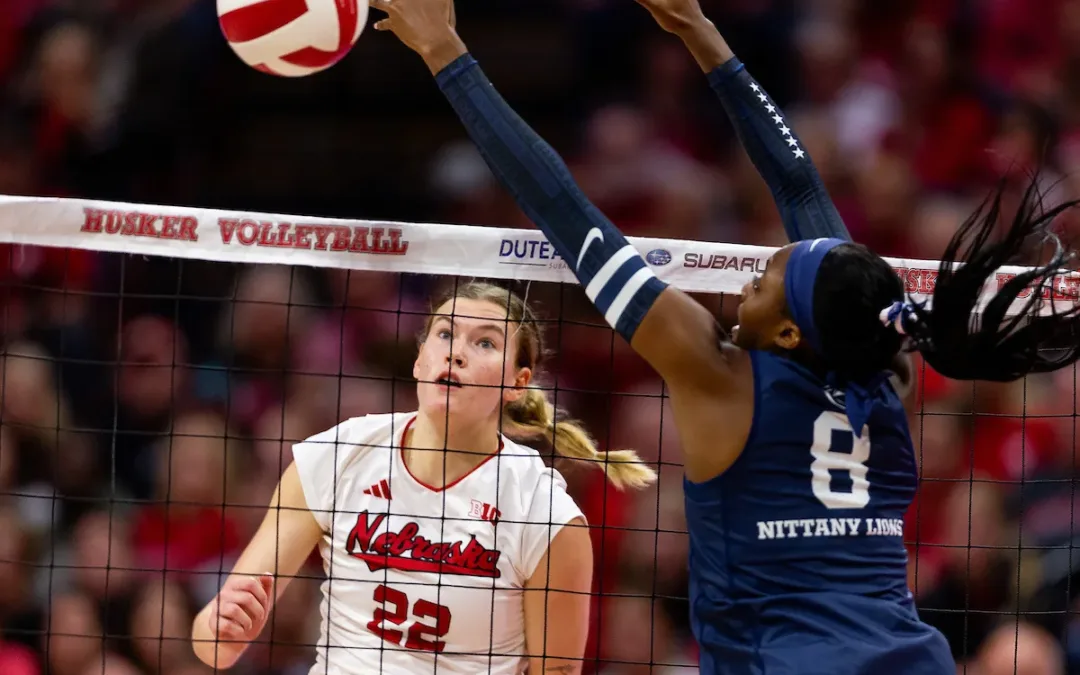
Lindsay Krause Back for Huskers After Season-Ending Injury
On Oct. 9, 2023, Lindsay Krause earned Big Ten Player of the Week after dropping 24 kills on .458 hitting and four aces in a pair of Husker wins the previous week. Later that week, she put up 13 kills on .300 hitting and two aces in a sweep over Penn State. The...
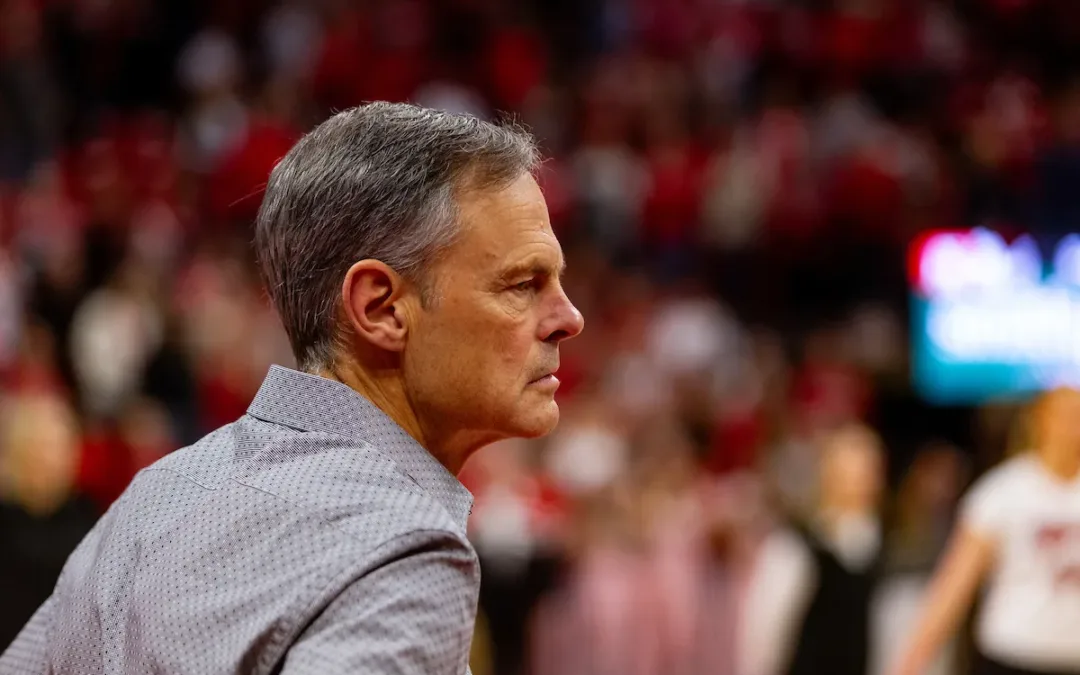
Freshmen Pierce, Mauch Highlight of Spring Volleyball Practice
Coach John Cook is bringing the majority of his lineup back from the 2023 national runner-up Huskers, but it’s been two newcomers who have stood out the most so far this spring. Between the beach season and start of indoor spring training, freshmen Skyler Pierce and...
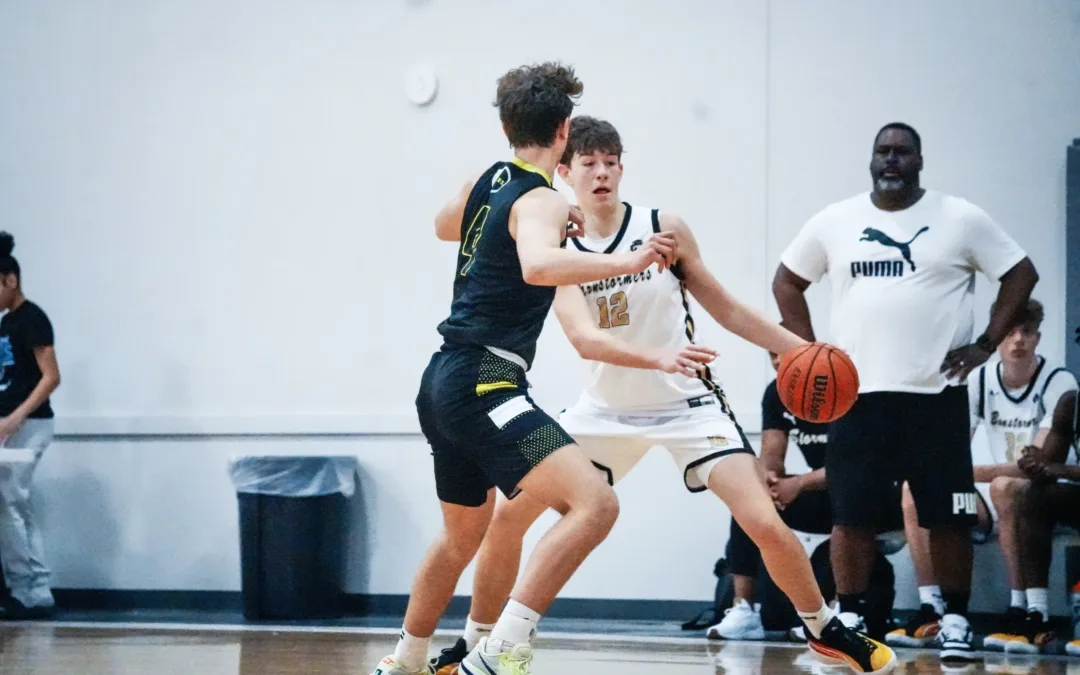
Cedar Falls Sophomore Gerdes Building Relationship With Huskers
William Gerdes, one of the top high school prospects in Iowa, has a budding relationship with Nebraska. Nebraska was the first to offer Gerdes, a 2026 forward from Cedar Falls High School, a scholarship in November, and Hail Varsity caught up with him at a recent AAU...
Football
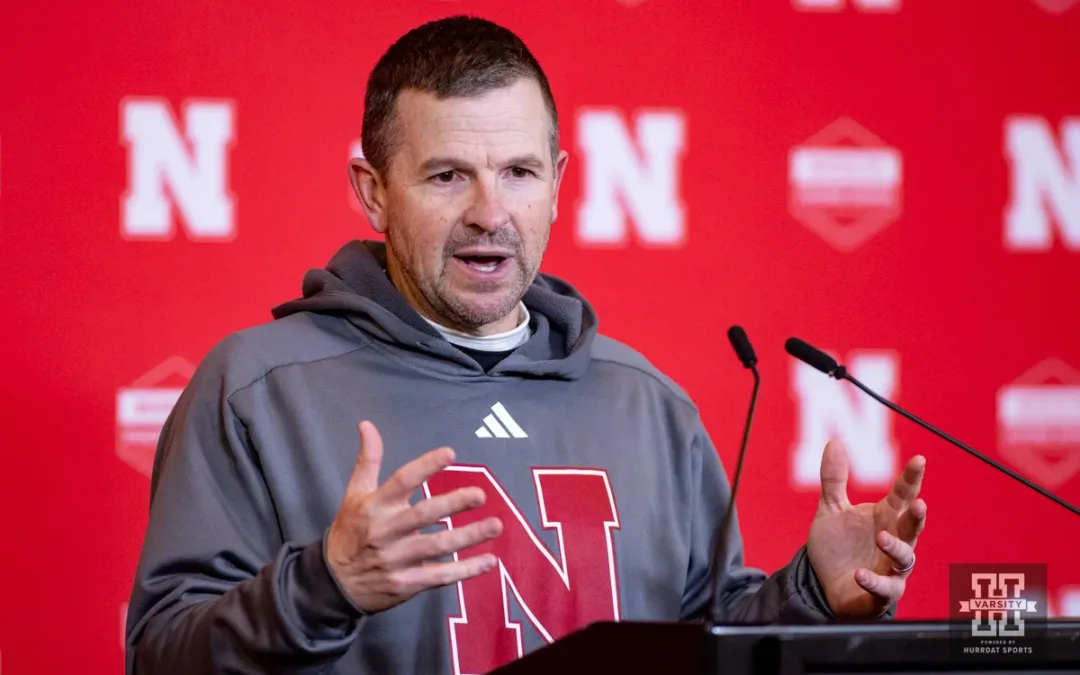
Husker Quarterbacks Speak on Progress Early in Spring
No position in football garners the spotlight quite like quarterback, and after Thursday’s spring practice, all three scholarship signal-callers in Lincoln took turns in front of the cameras to speak with the media. Offensive coordinator Marcus Satterfield and...
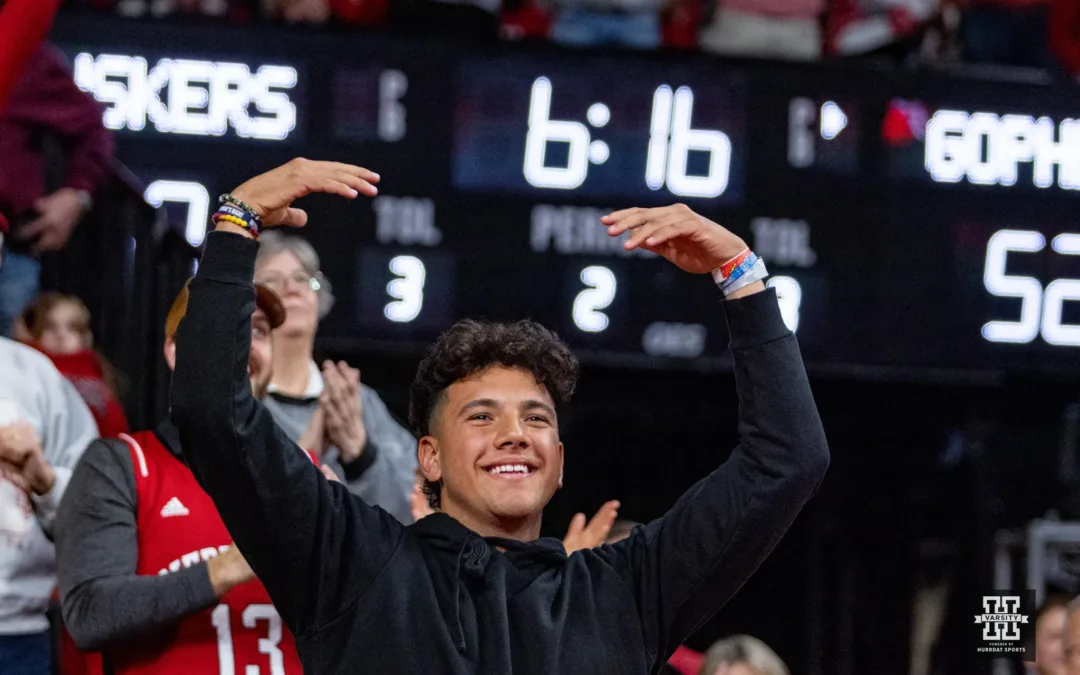
Nebraska Finds Its Quarterback With Dylan Raiola Commitment
Nebraska football and head coach Matt Rhule have found their quarterback for the future, as five-star Dylan Raiola officially flipped his commitment to the Huskers on Monday.
Volleyball

Lindsay Krause Back for Huskers After Season-Ending Injury
On Oct. 9, 2023, Lindsay Krause earned Big Ten Player of the Week after dropping 24 kills on .458 hitting and four aces in a pair of Husker wins the previous week. Later that week, she put up 13 kills on .300 hitting and two aces in a sweep over Penn State. The...

Freshmen Pierce, Mauch Highlight of Spring Volleyball Practice
Coach John Cook is bringing the majority of his lineup back from the 2023 national runner-up Huskers, but it’s been two newcomers who have stood out the most so far this spring. Between the beach season and start of indoor spring training, freshmen Skyler Pierce and...
Soccer
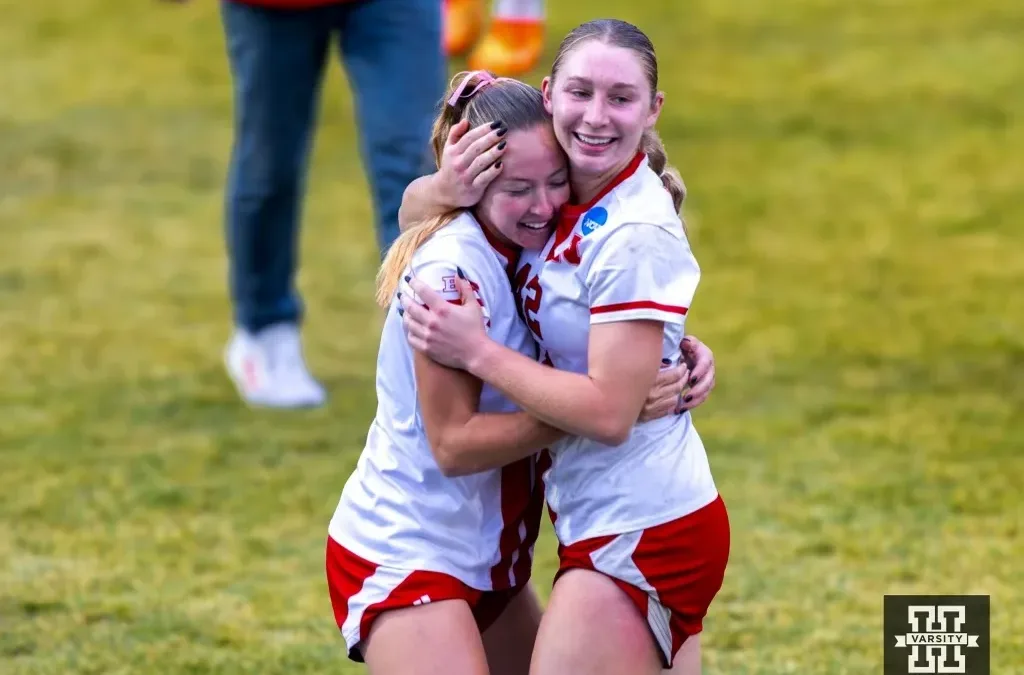
Husker Soccer Capitalizes on Weekend at Home, Advancing to Tournament Quarterfinals
Nebraska soccer advanced to the NCAA tournament quarterfinals Sunday, taking down UC Irvine by a score of 4-0.

Ella Guyott’s Last-Minute Game-Winner Pushes Nebraska to Sweet 16
Nebraska won its second-round tournament game 2-1 thanks to a game-winning goal in the final minute from redshirt freshman Ella Guyott.
Men’s Basketball

2024 Nebraska Men’s Basketball Offseason Tracker
The 2023-24 Nebraska men's basketball season came to an end in the first round of the NCAA Tournament, but there's no such thing as a true offseason in college basketball these days. Coach Fred Hoiberg and his staff are already hard at work building the roster to make...

Cedar Falls Sophomore Gerdes Building Relationship With Huskers
William Gerdes, one of the top high school prospects in Iowa, has a budding relationship with Nebraska. Nebraska was the first to offer Gerdes, a 2026 forward from Cedar Falls High School, a scholarship in November, and Hail Varsity caught up with him at a recent AAU...
Women’s Basketball
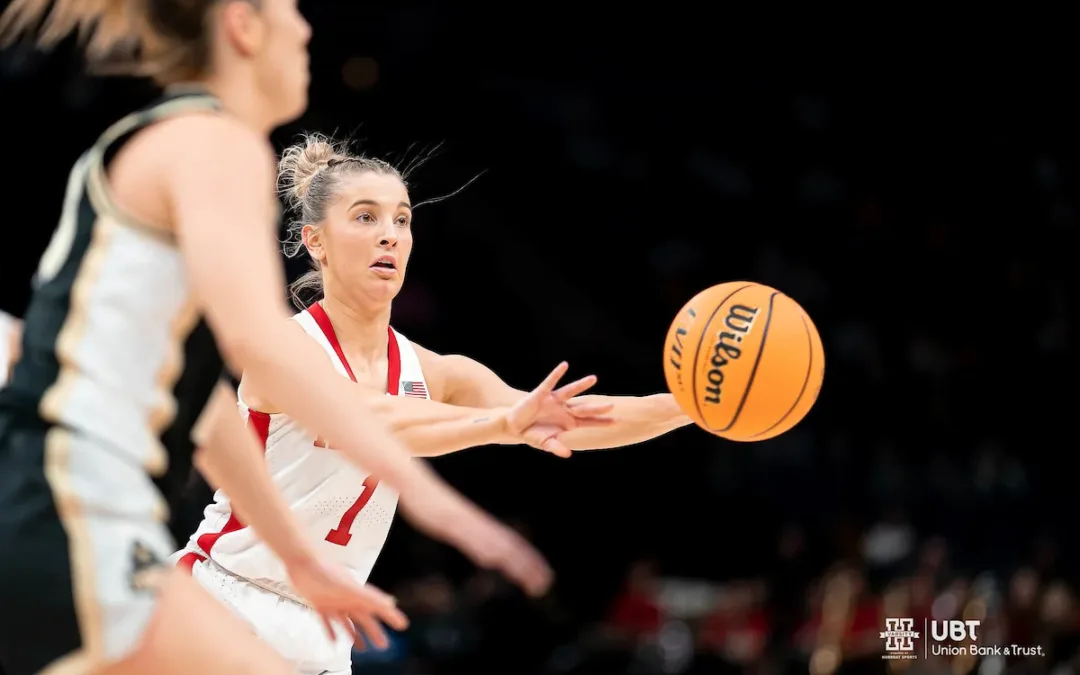
Nebraska Women’s Basketball’s Season Ends With Round of 32 Loss to Oregon State
Nebraska women's basketball's season came to an end on Sunday, as the Huskers lost to Oregon State in the second round of the NCAA Tournament. No. 3 seed Oregon State played shutdown defense in a sold-out home game, with the Huskers being held to 37 points...
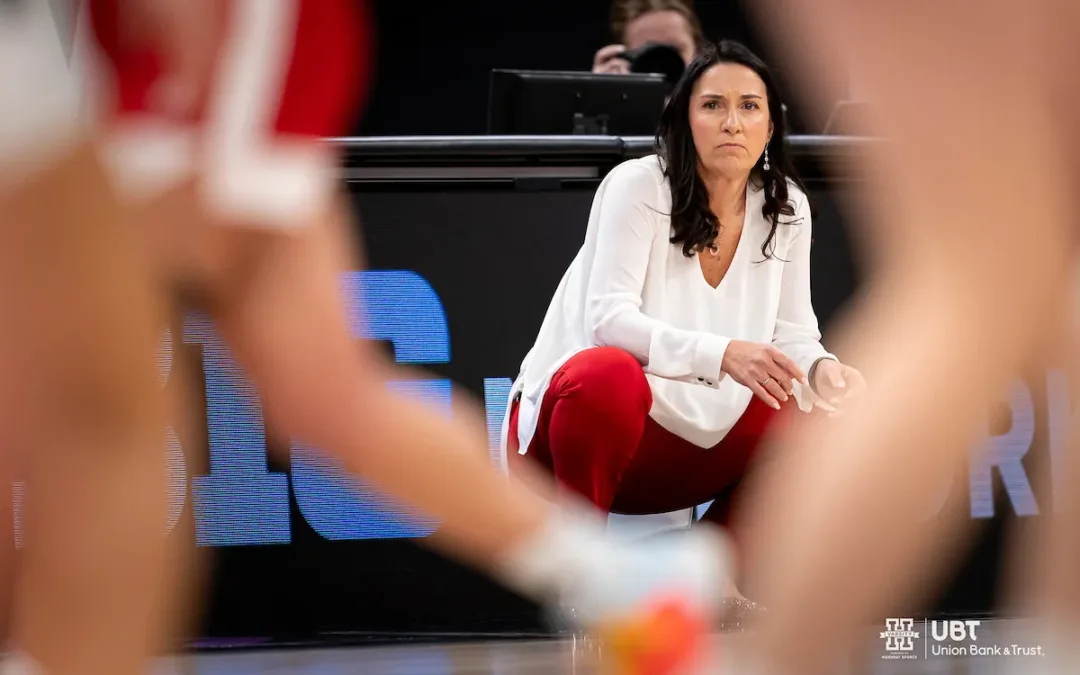
Oregon State, Raegan Beers Stand in Way of Nebraska’s Sweet 16 Hopes
Nebraska women’s basketball has accomplished some difficult things already this postseason. First of all, the Huskers won a game in the NCAA Tournament, something the program hadn’t done in a decade. Even as a No. 6 seed, that’s a challenge. Louisville was upset by...
Subscribe To Our Newsletter
Get bi-weekly emails from Mike Babcock about Nebraska history and what’s top of mind for him in Husker athletics each week.
Shop
[/et_pb_code][/et_pb_column][/et_pb_row][/et_pb_section]
